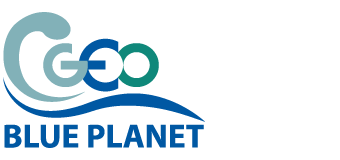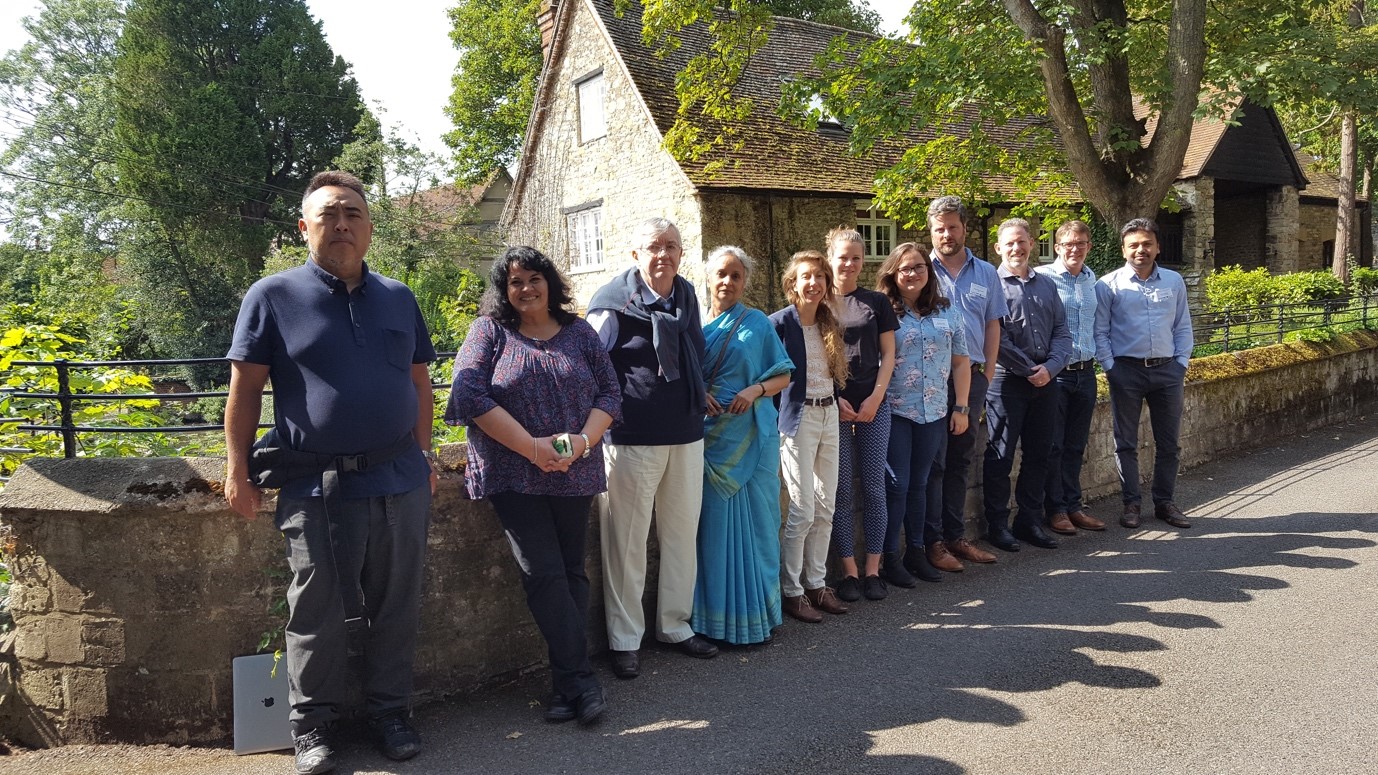Scoping Meeting of the Water-associated Diseases Working Group
A scoping meeting, funded by POGO, for the GEO Blue Planet Working Group on “Earth Observations for Ecology and Epidemiology of Water-associated Diseases” has led to the establishment of a core group of scientists with common interests in water-associated diseases, with expertise and interest in microbiology, genetics, epidemiology of infectious diseases, remote sensing and epidemic modelling, as a basis for international collaboration on public health issues related to water quality.
Some 18 participants from Argentina, Brazil, India, Japan, South Africa, UK, and USA participated in the meeting, either in person, or remotely, via teleconference tools. Some POGO institutions, viz. Plymouth Marine Laboratory (UK), Japan Agency for Marine-Earth Science and Technology (Japan), and National Institute of Oceanography (India), were represented. In addition, National Institute for Fisheries Research and Development, (Argentina), Instituto Nacional de Pesquisas Espaciais (Brazil), Nansen Environmental Research Centre (India), Graduate School of Advanced Integrated Studies in Human Survivability Kyoto University (Japan), Centre for Environment, Fisheries and Aquaculture Science (UK), Reading University (UK), Wellcome Sanger Institute (UK), London School of Hygiene & Tropical Medicine (UK), University of Maryland (USA) and West Virginia University (USA) were also represented. Several invitees were unable to attend, but expressed interest in staying engaged with the working group.
The meeting was organised over two days on 30-31 August 2018 in Abingdon, UK. It was structured around a series of presentations followed by discussion sessions. All participants introduced their research interests and put forward ideas on what they hoped to see as outcomes from the scoping meeting, and their aspirations for the proposed working group.
The presentations covered various geographic regions (e.g., the Baltic Sea, India and Bangladesh, the Yemen, Argentina, Uruguay, Brazil, South Africa, Europe). Various disease transmission routes (person-to-person, via contaminated water, via contaminated seafood and fish) and the roles of environmental conditions and transport mechanisms were discussed. Several models for predicting and understanding the dynamics of Vibrio bacteria in the aquatic environment were examined. The recent success story of predicting areas of high risks for cholera outbreaks in the Yemen, followed by targeted preventive measures in the field, leading to a dramatic reduction in cases of infection, was presented. It was shown that molecular analyses revealed the connectivity between cholera pandemics at the global scale. Methods for studying the ecology of Vibrio bacteria and other organisms responsible for water-associated diseases (such as cholera and malaria) were discussed, ranging from molecular techniques, bioinformatics and microbiology to remote sensing and modelling.
There was a high degree of consensus in the presentations, with participants highlighting many common aspirations, including: the importance of building personal contacts across the community; the need for bringing together different scientific disciplines (microbiology, molecular biology, oceanography, hydrology, epidemiology, remote sensing, mathematical modelling, climate sciences, and social sciences); the importance of engaging with the general public, policy makers and health professionals; and the value of co-ordination, collaboration and sharing of information.
Based on the scoping meeting presentations and discussions, a suite of recommendations and activities was proposed to support and develop interdisciplinary collaborations, and to facilitate the incorporation of EO measurements into early-warning systems for water-associated diseases.

